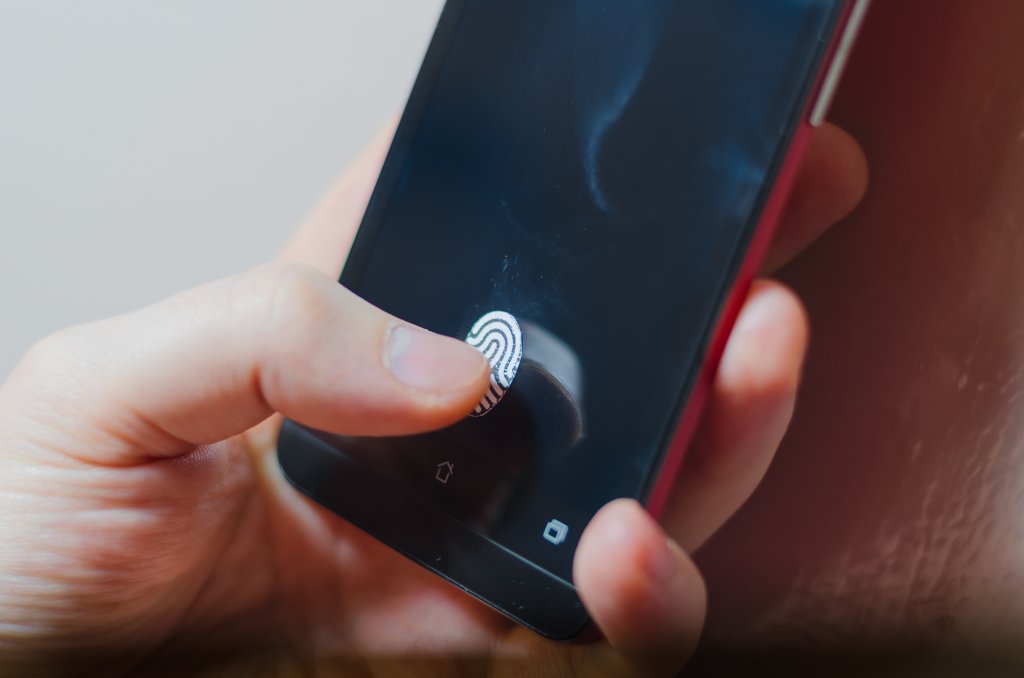
If users are iPhone X, why is your security Windows XP? MobileIron and the modern endpoint

BYOD is indubitably a mixed blessing for IT departments: on the one hand, everyone with a smartphone can use it for work purposes at all times – everyone’s a latter-day road warrior – but on the other, enforcing security policy on devices ranging from legacy Androids to iPhone Xs is a nightmare.
A compromised phone in today’s digitally-sensitive environment can be as catastrophic as an infected key server.
Advanced malware is capable of carefully migrating itself across networks until it finds the perfect place to deploy an unpleasant payload.
An infected endpoint, after all, contains multiple log-on credentials to business-critical systems, plus it has access to any cloud service (public or private) the company uses.
And because everyone uses the same tablets and phones at home and in the workplace, the possibilities for spreading infection are more significant. Attempting to bypass annoying restrictions to wifi services at a weekend minibreak’s hotel may be harmless at the time, but the security implications for the business may be vast.
Ensuring data security for a sole repository has not always been easy, but at least it was predictably tricky: access could always be controlled (via VPN tunnels from outside the LAN, for instance) and there was only a handful of client OSes with which to cope.
Today, enterprise data is no longer stored in the data center or on corporate-owned devices. Data lives on devices and clouds you own & those you don’t. It crosses networks you own and networks you don’t. What’s more, enterprise cybersecurity teams are facing an uphill struggle with the combination of BYOD and increased hacking and data exfiltration concerns.
Creating policies which can efficiently tie down multiple Android, iOS, Apple, and Windows instances is almost impossible without locking down devices – staff’s own property, in many cases – affecting worker productivity and interrupting business work flows.

Modern work, therefore, needs a modern security architecture to ensure that workers are productive using the device and applications of their choice without endangering the organization’s confidential data resources. Into this dichotomy comes MobileIron, a cyber security company offering a comprehensive solution that:
- Provisions a trusted workspace with advanced authentication and single sign-on across apps for a powerful native experience.
- Protects business data and user privacy by isolating business from personal data on endpoint and across network.
- Blocks untrusted endpoints and apps by enforcing adaptive access across cloud and on-premises services.
- Detects and remediates threats across device, network, and app (DNA) using machine learning and on-device enforcement.
MobileIron Threat Defense protects your company from data loss caused mobile-based attacks with a single application built into enterprise mobile management. Both corporate and personal devices are protected non-intrusively, with an uninstallable lightweight application that doesn’t require the user to perform any actions to deploy and activate the client, and, most importantly, they cannot remove it. Alternative solutions require a 2nd app for threat defense that needs to be deployed separately and that the user needs to activate on their own. As a result, in many instances, threat detection does not work properly.
Best-in-class threat detection protects against known threats and zero-day exploits on-device, without the need for a data connection for cloud remediation. The MobileIron Threat Defense solution can do detection on-device and trigger policy remediation – on-device – winning the race against the hacker before the hacker disables the network connection.
Additionally, MobileIron’s solutions can create a single point of sign-on (PIN/fingerprint/face/password) for a chosen array of corporate apps such as Dropbox for Business, Box, Outlook, document sharing and communications, for example.

The company’s own app store offers a range of apps which work inside the secure enclosure provided by MobileIron. The demarcation between corporate and personal data areas allows the following:
- Personal activities cannot be confused with corporate by users – logging onto personal DropBox accounts instead of the organization’s.
- Only approved applications can be used to access critical services – unapproved Salesforce client instances can be prevented, for example.
- Resource use can be monitored and tracked as users are only permitted access to corporate resources via approved channels, even to public cloud services.
- A single log-in to the entirety of the corporate apps collection helps staff work more efficiently and quickly.
Where traditional EMM solutions are often only one step above auditing and monitoring solutions, MobileIron’s solutions not only provide overarching control and management of remote endpoints but also add unparalleled mobile security.
When organizations face modern challenges like compliance and regulatory pressures, data security and privacy concerns, it is a company like MobileIron which provides 21st-century platform which is fit for the modern enterprise.
To learn more about the security and management possibilities from MobileIron, get in touch with a representative from the APJ office of the company today.
READ MORE
- Strategies for Democratizing GenAI
- The criticality of endpoint management in cybersecurity and operations
- Ethical AI: The renewed importance of safeguarding data and customer privacy in Generative AI applications
- How Japan balances AI-driven opportunities with cybersecurity needs
- Deploying SASE: Benchmarking your approach
